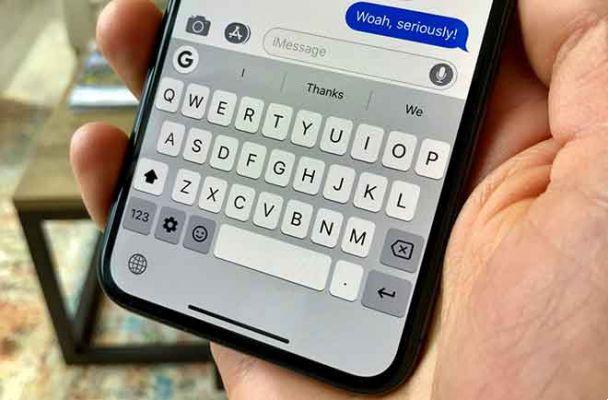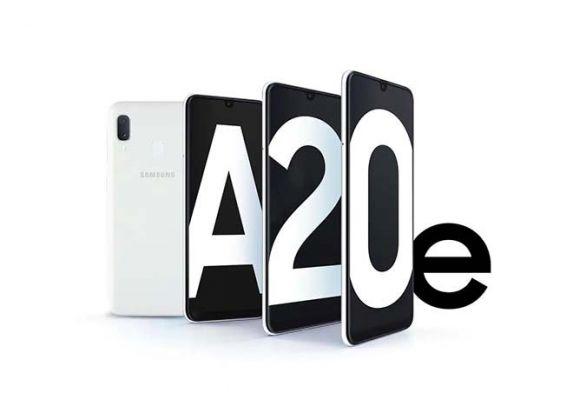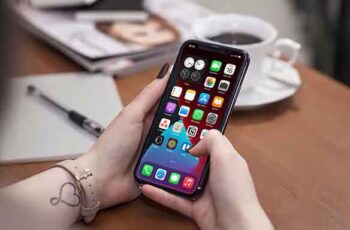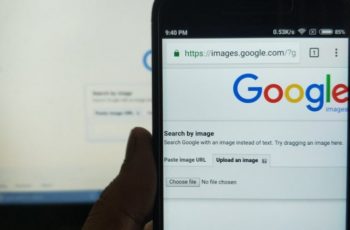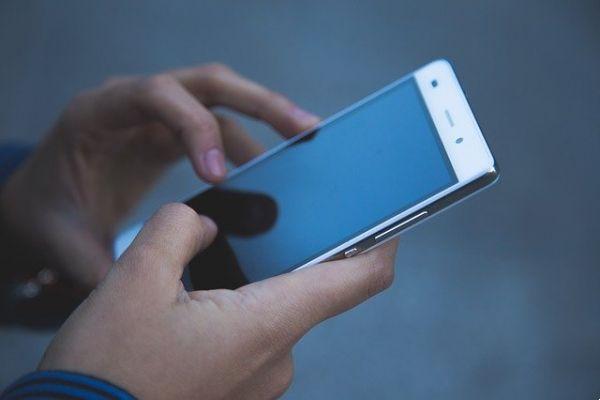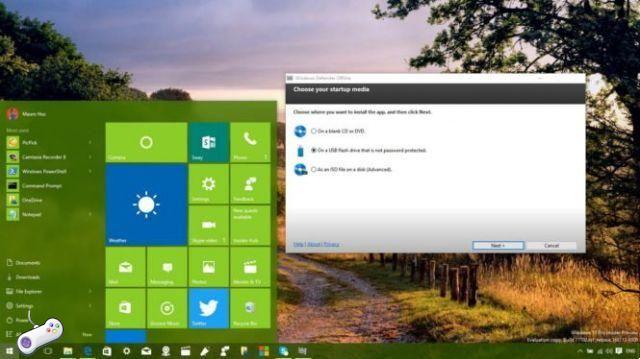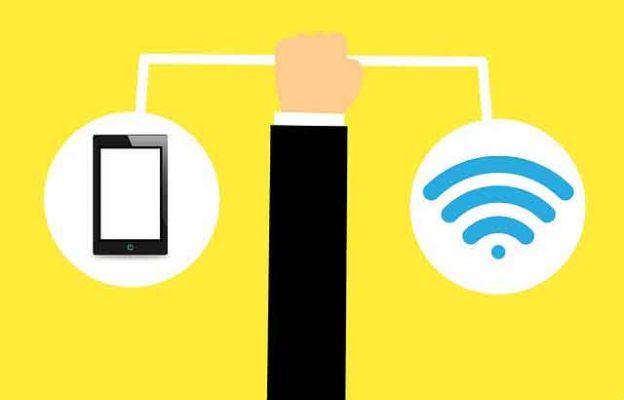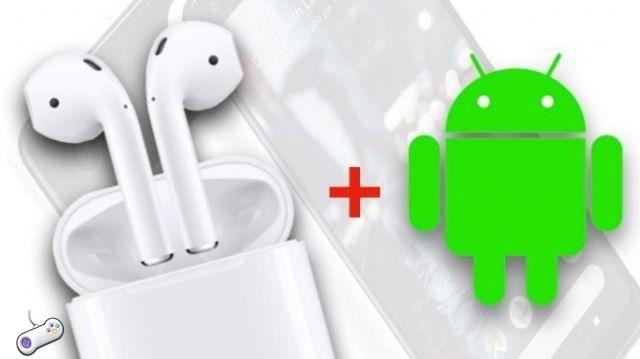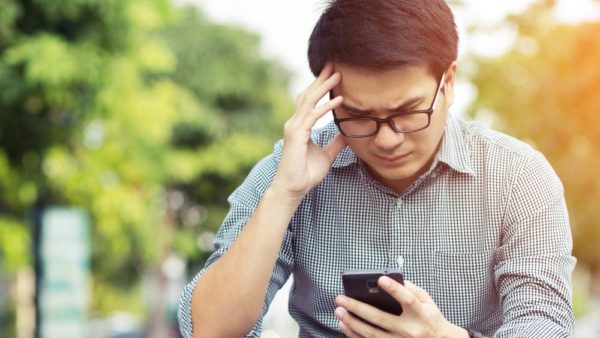
When iPhone alarm does not work or does not ring, you may sleep so much from not going to work, school etc. While it might seem like an easy problem to fix, there could actually be several reasons why the your iPhone's alarm clock doesn't work.
Even if you've already tried a few things, like increasing the volume of the wake up your iPhone, go through the methods below, which are sorted for ease of use. Start at the top and try each solution, testing the alarm after each to see if the alarm rings again.
Turn up the volume
This may seem obvious, but don't skip this step. You can actually turn up the volume with the buttons on the side of the phone without actually increasing the alarm volume. This is because the iPhone allows you to control two completely different sets of sounds with the same buttons.
For example, if you have a music streaming app open, using the buttons will control that volume instead of the alarm volume. This means that if the alarm volume is low or off (even if the music volume is high), you get a silent alarm in return.
Go up Settings > Sounds o Settings > Sounds and make sure that RINGING AND ALERTS is set to a reasonable volume. Here, too, there is the option Change with buttons, which you should disable if you want to make sure the ringer and alarm volume never change when you change the system volume with the buttons.
To test the sound without waiting for the alarm to go off, open Clock > Wake, touch Modification and select an alarm. Go up Sound and choose a ringtone from the list; if you can hear it, it should work perfectly when the alarm actually sounds.
Restart your iPhone
Restarting is a common practice with technology to fix small problems, and you can do the same with your iPhone to see if it fixes an alarm that doesn't work.
To restart your iPhone, press and hold the power button until the power off slider appears or press and hold the power button while holding the volume down button. The method you need to use depends on your iPhone model.
Choose a louder alarm sound
Some of the iPhone alarm sounds are quieter than others, so if you have one of your choice - and especially if the alarm volume isn't loud, you might not hear it ringing. Something else to watch out for is making sure that Nobody is not chosen as the alarm sound, for obvious reasons.
Change the iPhone alarm sound from the app Clock. Open the tab Wake, touch Modification, then choose the alarm you want to change the sound for. Go up Sound and preview the ringtones or songs to find something you think might work for you.
Check your alarm time settings
If the alarm goes off but is silent, this method won't help you. However, for iPhone alarms that are set in the app but do not go off at the designated time, the correct time or day may not have been set.
For example, if your alarm is supposed to go off every day at 12:15 PM, and it worked yesterday but didn't today, it is very likely that the alarm is not set to repeat.
Click on Modification in the section Wake app Clock, then tap the alarm you need to change. Access the settings of repetition and make sure there is a check mark next to the days of the week for when you want the alarm to go off. Just tap on a day to enable or disable the alarm for that day.
If your alarm goes off at the wrong time during the day, you have most likely confused AM and PM, this is likely to happen. Edit the alarm and change it to the appropriate time of day and make sure you tap Save at the end.
Disable or change the Bedtime feature
If Bedtime is enabled on your iPhone, it's time for Wake-up calls is set to the same time as another alarm, neither may work. To avoid this conflict between alarms, change your bedtime or your alarm clock.
To find the bedtime settings on your phone, open Clock and touch Time di andare a bed down. You can disable bedtime here or slide the bell icon to another time.
Clear and reset the alarm
For whatever reason, the iPhone may not have created the alarm correctly. Or maybe it worked for a while but then stopped due to a glitch or incompatibility after an iOS update.
Open the app Clock in the card Wake and swipe left to delete alarms or go up Modification first and then tap the red minus buttons to find the option Delete. You can create new iPhone alarms with the plus button in the top right corner of the app Clock.
Use only an alarm clock app
If you have more than one app that can trigger alarms, you may run into problems. Stick to the default iPhone alarm clock app or disable it entirely and use something else.
However, be aware that third-party alarm clock apps are not built into your iPhone like the built-in one. This means that you will most likely need to keep the app open for the alarm to sound, as well as use the system volume (not the ringer) to adjust the alarm sound.
For example, if your alarm doesn't make any sound in the third-party app, open the app (so it's visible and on-screen) and then use the volume buttons to turn it up. This will ensure that the app's volume is loud enough to be heard regardless of the iPhone's ringer volume.
If disabling third-party alarms didn't fix the iPhone alarm sound issue, delete them completely, restart your phone and then try using the pre-installed alarm again.
Disable Bluetooth and unplug the headphones
IPhone alarms should ring through the phone's speakers and not through Bluetooth devices or headphones. However, this may not always be the case.
If your phone has a software bug or is behaving erratically, it may try to play the alarm through those devices if they are actively connected to your iPhone while the alarm sounds.
Depending on how you've configured the volume and ringtone settings and where these accessories are when the alarm rings, you may not hear anything.
Turn off Bluetooth from Settings > Bluetooth and unplug anything plugged into the headphone jack. If your alarm works after doing these things, then be fully aware of when your alarms will go off and make sure your audio accessories are not connected to your phone during that time.
Update the iPhone software
Many users with sound alarm problems on iPhone are using an outdated version of iOS. There may be a software bug in the phone that was only fixed through an update from Apple.
Update your phone wirelessly via Settings > Generali > Software update or connect it to your computer and update with iTunes. Either way, make sure you're using the most up-to-date firmware version.
Reset your iPhone to factory default settings
This should be the last thing you should do to fix the alarm clock that doesn't ring on iPhone because when you reset your iPhone, you are deleting everything that has been installed or changed on it since it was first purchased. In the process, it should also resolve any alarm issues.
Factory reset your iPhone resets everything, so it's often a solution to any software-related problem. However, it's especially useful if your phone is jailbroken because with the thousands of tweaks you can apply to a jailbroken iPhone, it's common for them to interfere with normal functions like the alarm clock.
First di clear your iPhone settings and data, I advise you to make an iPhone backup via this complete guide!
Further Reading:
- How to set an alarm on Apple Watch (a step by step guide)
- How to set the alarm on Samsung Galaxy A12
- How to set the alarm on Xiaomi Mi 10T
- How to set the alarm on Xiaomi Mi 11
- How to set the alarm on Samsung Galaxy S21




